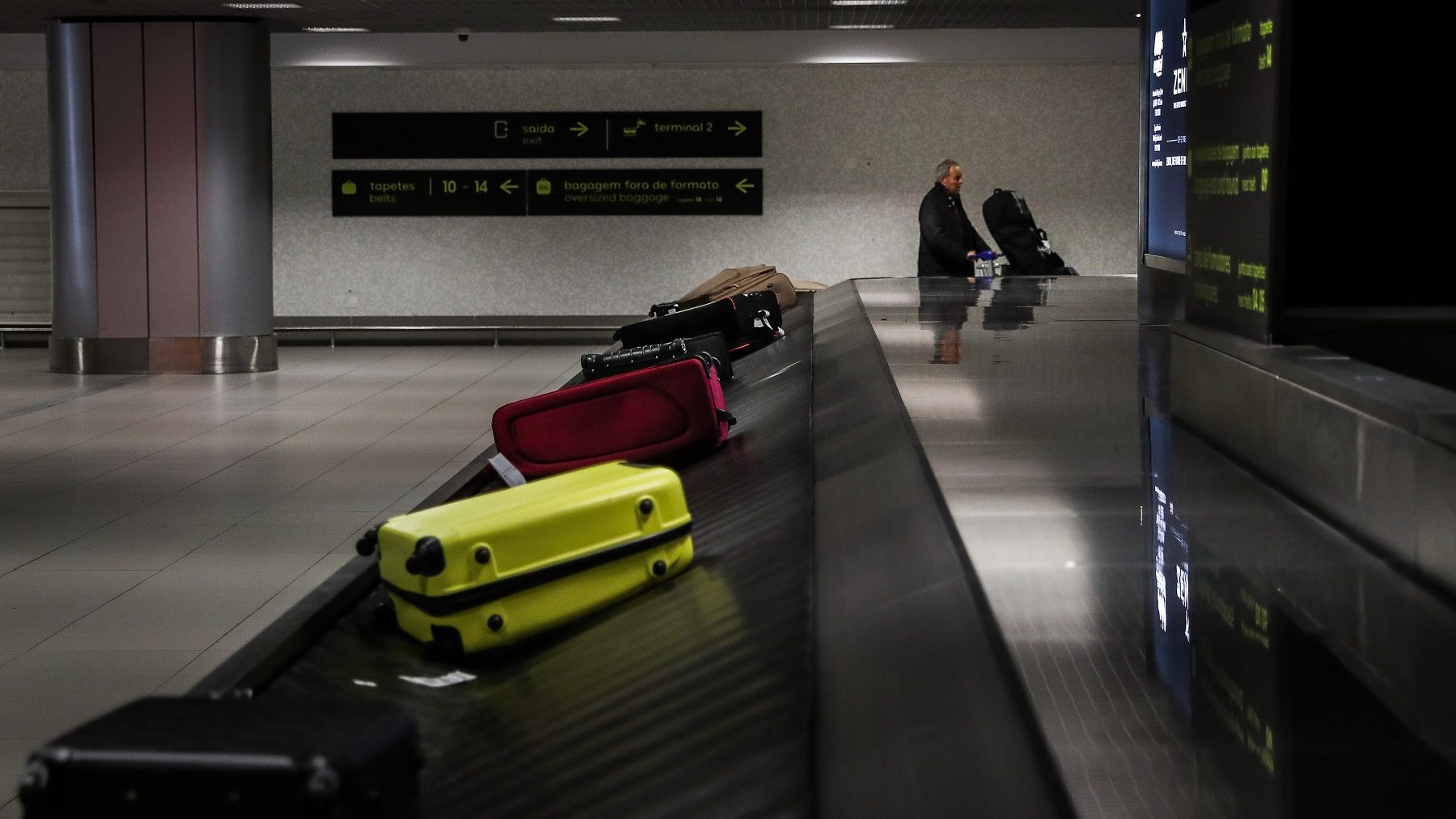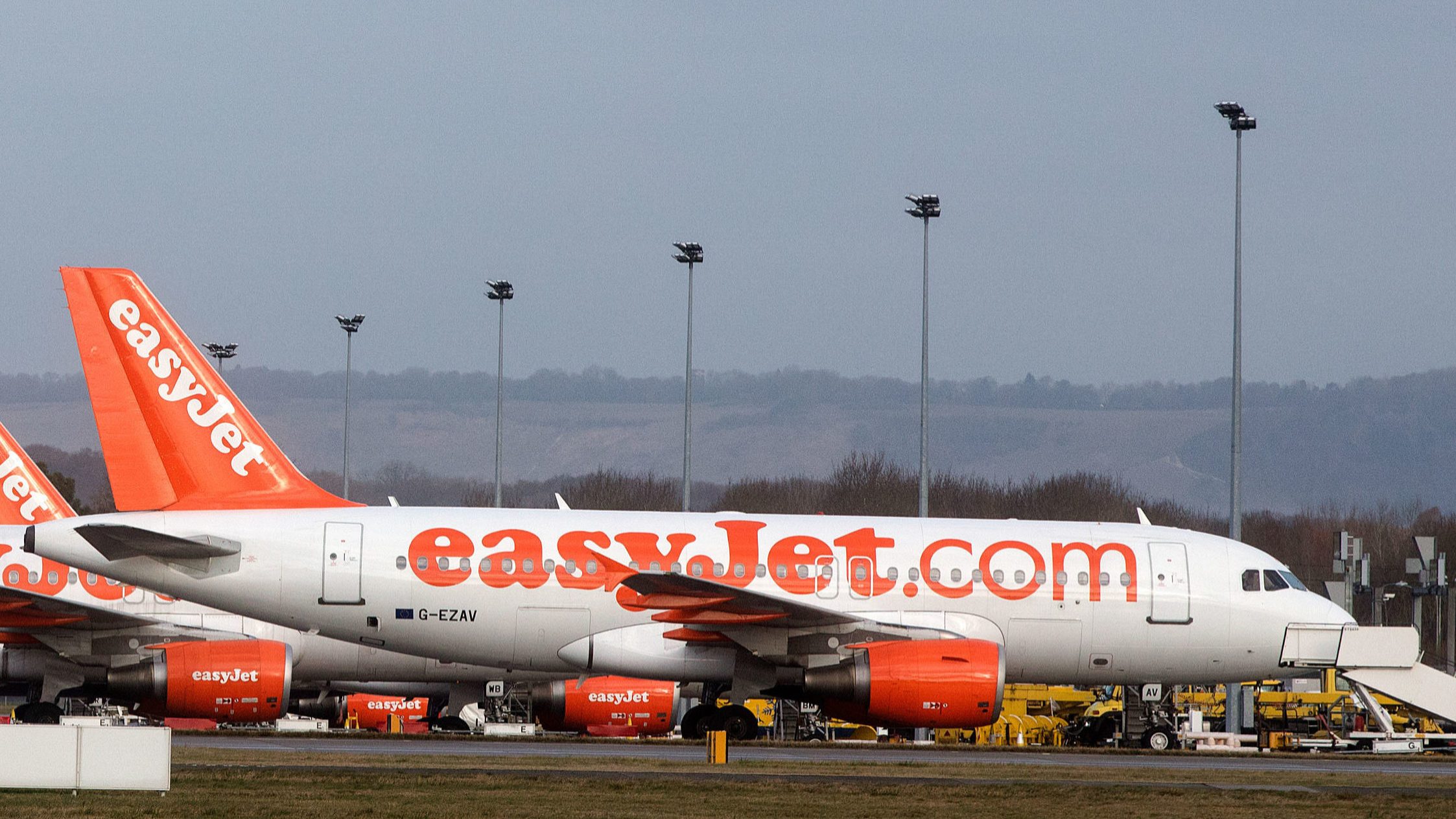Groundforce administrators propose to keep company in operation
The insolvency administrators, Bruno Costa Pereira and Pedro Pidwell, announced that "the position that best protects the interests of creditors" is to "keep the company in operation".
Groundforce insolvency administrators proposed to the assembly of creditors, scheduled for this Wednesday, to maintain the “activity, with the consequent suspension of liquidation and sharing of insolvent mass”, according to a report.
In the document, to which Lusa had access, the insolvency administrators, Bruno Costa Pereira and Pedro Pidwell, said that “the position that best protects the interests of creditors” is to “keep the company in operation, with the consequent suspension of liquidation and sharing of assets, and the granting and deadline for a recovery plan to be presented.
This deadline “should take into account the need to, previously, start negotiations with the various creditors and, as well as, reach a consensus that allows, in the end, the presentation of a plan capable of deserving the confidence and express approval of the vast majority of creditors.
The report also stated that “only the maintenance of the activity and the preservation of employment will ensure that all the existing know-how is not lost and that the indemnities for termination of labour contracts do not become due, which, if it were to occur, would lead to an increase in liabilities, to the detriment of the majority of the creditors”.
The insolvency administrators also warn that “due to the specific nature of the business, closure would always result in serious difficulties in airport management, with harmful consequences that are not limited to those directly involved in the present process and that could ultimately damage the external image of our country”.
In the report, the insolvency administrators also say that “without prejudice to the possibility that some creditor or group of creditors may have been approached to propose to lead the presentation of a recovery plan for the insolvent”, they will be “available to assume the commitment to lead the presentation of the insolvent’s recovery plan, which they will do, naturally, under the duty to seek the best solutions that allow the effective recovery of the company and for which they will count, in any case, with the precious contribution of the creditors”.
Bruno Costa Pereira and Pedro Pidwell also said that “the debtor has filed an appeal against the sentence that declared its insolvency, which, considering the provisions of article 209(2) of CIRE [Insolvency and Corporate Recovery Code], will mean that the new meeting of creditors to discuss and vote on the plan may not meet in the desirable timing”.
The directors also carried out an analysis of Groundforce’s financial situation in the last three financial years, concluding that, according to the accounting information made available to them “and, even though the accounts for 2020 are still not final, subject to possible corrections”, Groundforce “showed, at the close of 2020, negative equity capital exceeding €17 million”.
Last year, “due to the impacts of the pandemic in air transport, the company ended the year with major losses, around €24 million. With these results, the company lost its equity (now negative by more than €17 million) and its liabilities (€43.3 million) significantly exceeded the assets (€26.1 million)”.
This year, according to the data presented in the report, there is some recovery.
“As the main positive factor, we have that the activity of August 2021 showed an increase compared to the previous year, whether measured by the number of movements (+2,634) or measured by the number of passengers (+768,674). Cargo registered an increase of 5,915 tonnes. This ultimately translated into a growth in revenue of €3.6 million (+64%) when comparing the month of August 2021 with the same month in 2020,” they point out in the document.
“Finally, and according to the current activity forecasts, it is credible that the monthly EBITDA [earnings before interest, taxes, depreciation and amortisation] by the end of the financial year and, if there are no adverse exogenous factors, may remain positive, making it possible to face the recovery of the company with peace of mind,” they concluded.

